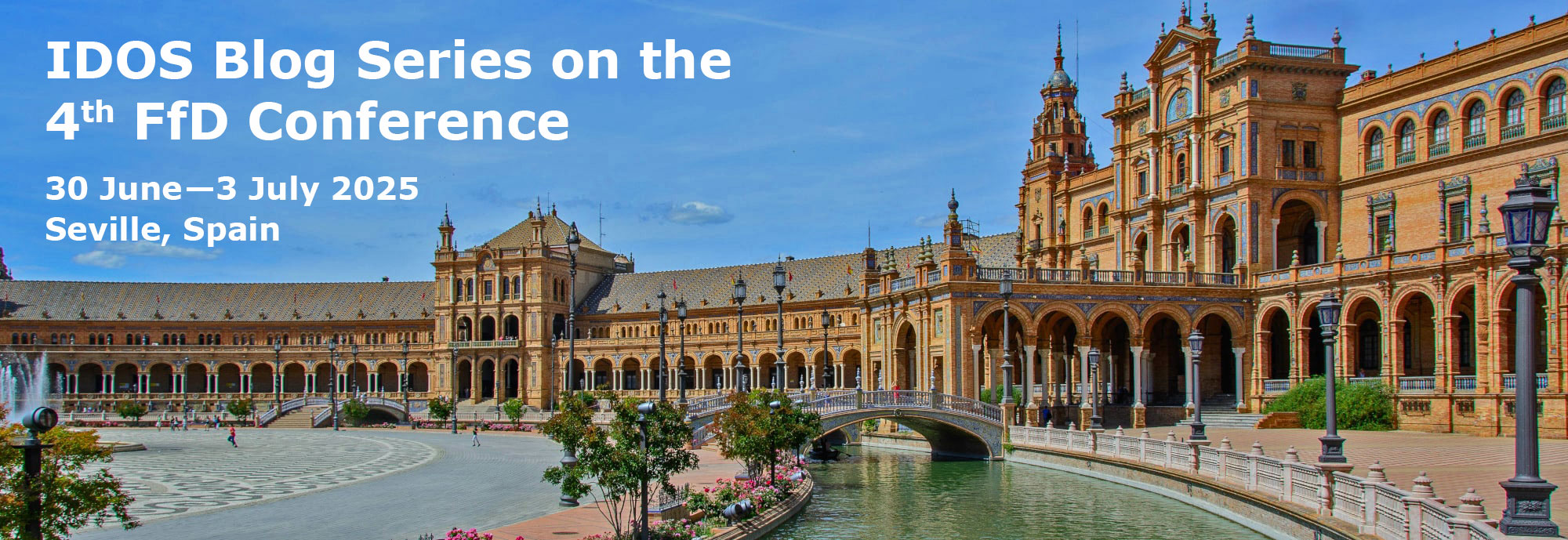
The 4th International Conference on Financing for Development comes at a critical moment for climate and development finance. Despite progress—such as increased climate funding over the past years, the establishment of the Loss and Damage fund, and the inclusion of climate targets in the World Bank’s mission—important challenges persist and remain unresolved.
